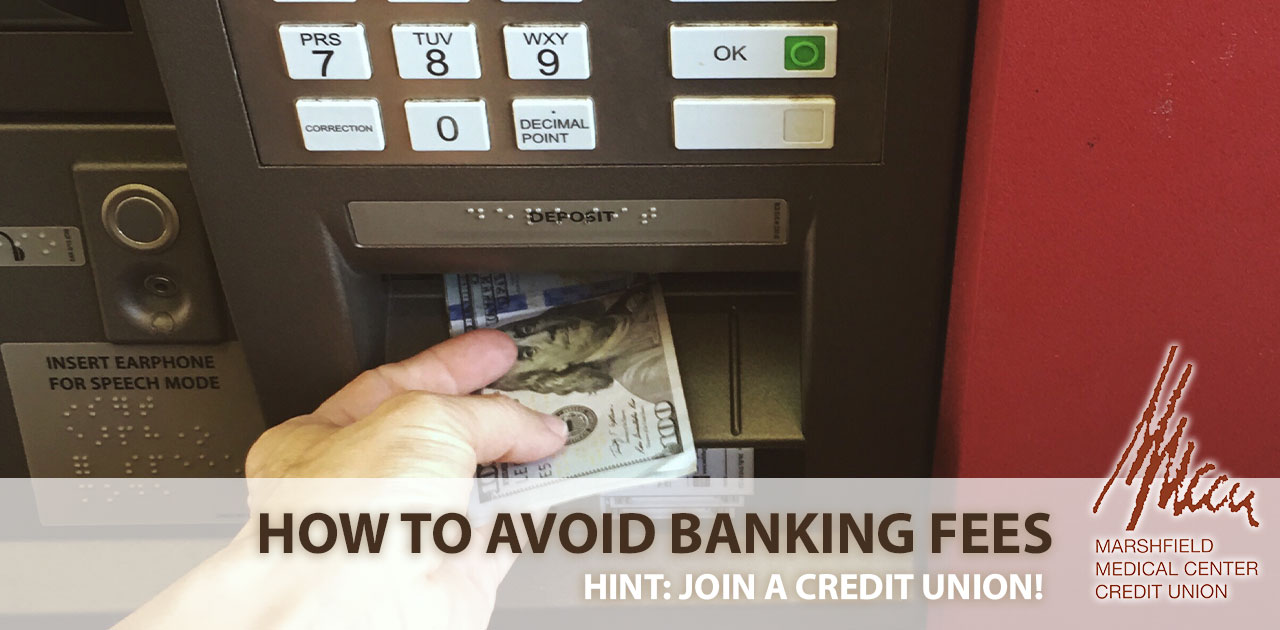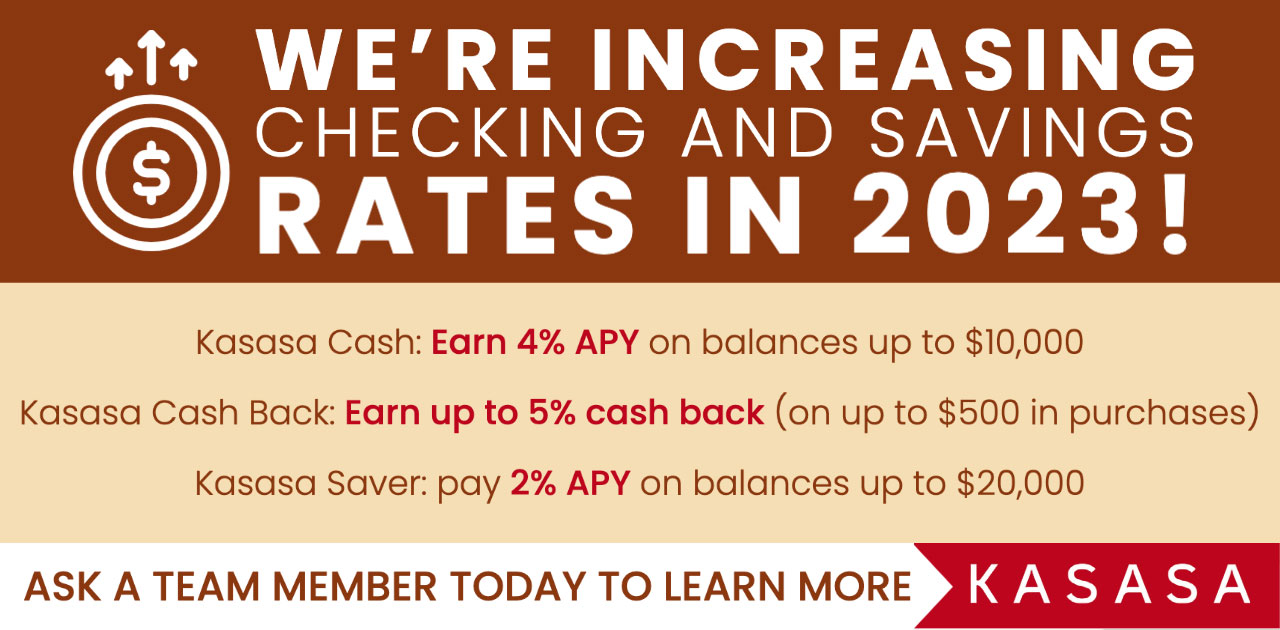According to CU Today, a new analysis has found 27% of Americans are paying monthly banking fees, costs that include routine service charges to ATM and overdraft fees. Paying fees should not be accepted as a normal part of banking – and those fees do add up! Instead of paying fees, you could be paying down debt, adding to your emergency fund, or saving for a major financial goal.
If you want to avoid fees when banking, your best financial move is to join a credit union! Compared to banks, Credit Unions are famous for lower fees.
Banks charge mortgage-related fees for processing/underwriting, credit reports, and closing fees. On the deposit side, there are often fees for statements (if not e-statements), monthly maintenance fees, and out of network ATM fees.
“There are traditionally lower and fewer fees at a credit union, as compared to a bank,” said Carol Rae Kulibert, Operations Manager. “If you are concerned about fees, we encourage you to consider a credit union!”
Banks charge fees as a source of revenue, but at a credit union the focus is on people – not profits. Credit unions are cooperatively owned and democratically controlled financial institutions focused on serving members and their community. Unlike competing financial institutions, credit unions return their profits to members in the form of lower fees and interest rates and higher yields.
Not-for-profit credit unions provide the same products and services as banks, but with unmatched service, convenience and cost.
“The cost to process a mortgage transaction is less than half of what you would expect at a bank and the rates with the credit union are typically more favorable as well,” added Shelley Hughes, mortgage lender. “At the credit union, it is more about what we can do for the member, rather than at the bank it is more about what fee income can they collect from the customer.”
With a Kasasa Rewards checking account, you can earn up to $15 back on ATM fees if you meet the qualifications*.



